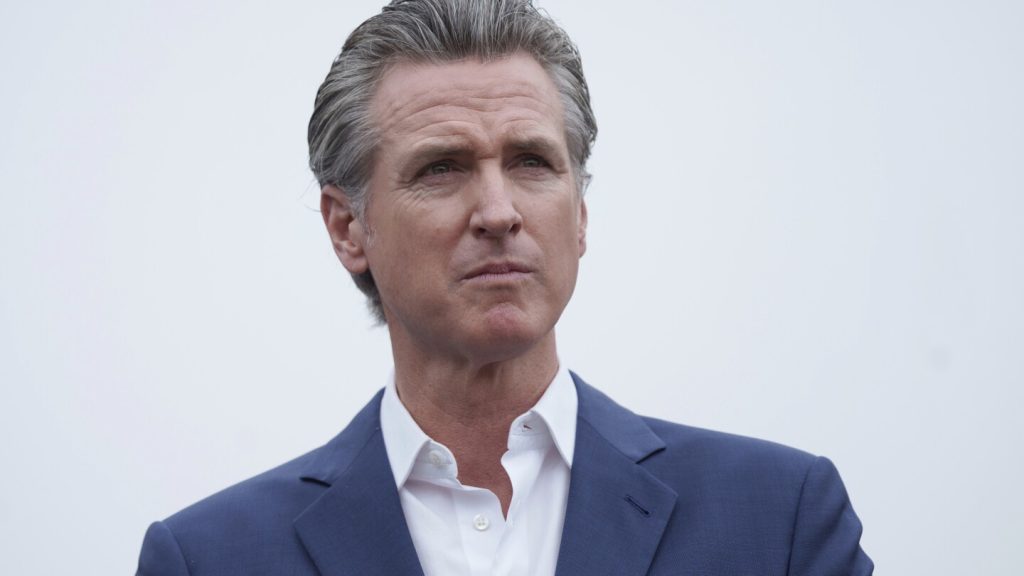The new California law allowing individuals to sue for damages over election deepfakes has been paused after a federal judge granted a preliminary injunction. U.S. District Judge John A. Mendez ruled that the law likely violates the First Amendment, stating that most of the law acts as a blunt tool that hinders humorous expression and stifles the free exchange of ideas. The law was signed by Gov. Gavin Newsom last month and aimed to crack down on the use of artificial intelligence to create false images or videos in political ads ahead of the 2024 election. While Newsom’s spokesperson believes the law protects democracy and preserves free speech, a lawyer representing a YouTuber who sued over the law called the ruling straightforward.
The law received backlash from First Amendment experts who argued that it is unconstitutional and a government overreach. They emphasized that there are established legal standards for proving defamation claims that are consistent with the First Amendment, and the government should not create new categories of speech outside of these standards. The ruling by Judge Mendez aligns with these concerns, highlighting the need to protect the free flow of ideas and expression, even in the era of deepfakes and artificial intelligence. The decision to pause the law suggests that there is still debate over how to regulate new technologies while upholding First Amendment rights.
Attorney Theodore Frank, representing the YouTuber who sued over the law, expressed satisfaction with the district court’s agreement that new technologies do not change the principles behind First Amendment protections. This sentiment reflects the concerns raised by experts and advocates who view the law as a potential threat to free speech and expression. While there is acknowledgment of the risks posed by deepfakes, the ruling highlights the importance of upholding constitutional rights in the face of technological advancements. The legal battle over the California law underscores the complexities of regulating speech in the digital age and the need for careful consideration of First Amendment principles.
The debate over the California law raises questions about the balance between regulating harmful content and protecting free speech. While deepfakes have the potential to spread misinformation and manipulate public opinion, restrictions on speech must be carefully crafted to avoid infringing on constitutional rights. The ruling by Judge Mendez suggests that the California law may have overstepped in its attempts to address the risks posed by deepfakes. Moving forward, policymakers and legal experts will need to navigate the tension between combating digital threats and upholding the principles of the First Amendment, ensuring that any regulations are both effective and constitutionally sound.
The outcome of the legal battle over the California law will have implications for future efforts to regulate deepfakes and misinformation in the political sphere. As technology continues to advance, policymakers will face ongoing challenges in balancing the need for regulation with the protection of free speech. The ruling by Judge Mendez serves as a reminder of the importance of upholding constitutional rights in the digital age, even as new threats emerge. While the debate over deepfakes is far from over, the decision to pause the California law reflects a cautious approach to regulating speech in a rapidly changing landscape. Ultimately, the outcome of this case will shape the future of free expression and democracy in the era of artificial intelligence and online disinformation.


